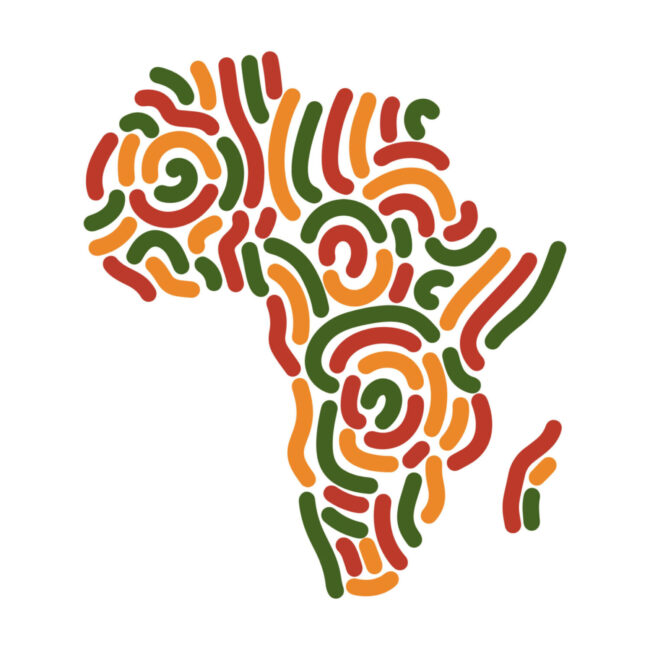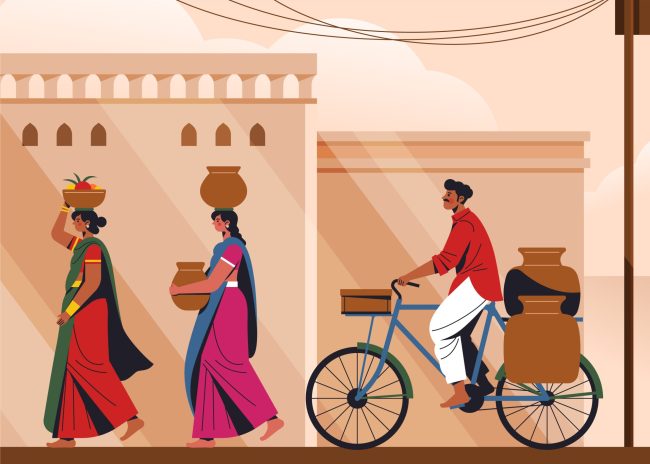The Complexity of Abortion Laws: Federalism’s Impact on Women’s Reproductive Rights
Author: Shaoni Chakraborty – Abortion is a deeply complex and contentious issue that involves questions of healthcare, morality, legality, and gender rights. The regulation of abortion laws is often influenced by a country’s legal, cultural, religious and political frameworks. Federalism, which divides governmental powers between national and constituent unit governments, can have profound effects on the accessibility and implementation of abortion laws, which in federal systems can often differ significantly between levels of government.



